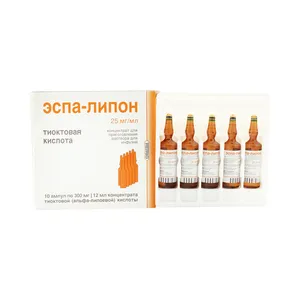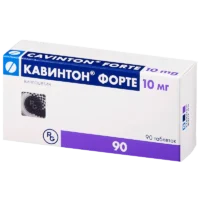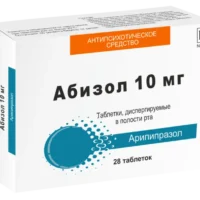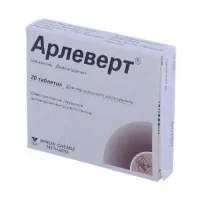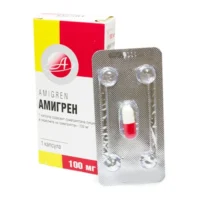Description
Espa-lipon (Thioctic Acid) Ampoules 300 mg. 12 ml. №10
Composition
Active Ingredient: Thioctic Acid (300 mg). Inactive ingredients may include water for injection.
Mechanism of Action
Pharmacological Properties: Thioctic acid functions as a potent antioxidant by scavenging free radicals and replenishing other antioxidants such as vitamins C and E. It also binds to metal ions, making it advantageous in various oxidative stress-related conditions.
Indications for Use
Indicated for: Treatment of diabetic neuropathy, antioxidant support, and certain liver conditions.
Contraindications
Do not use Espa-lipon if you:
- Are allergic to thioctic acid or any inactive ingredients.
- Have a history of hypoglycemia.
- Are pregnant or breastfeeding without medical advice.
Side Effects
Common side effects may include gastrointestinal discomfort, allergic reactions, and hypoglycemia in susceptible individuals.
Usage Instructions
Dosage: As prescribed by a healthcare professional. Typically, administer one ampoule (300 mg) via intravenous or intramuscular injection.
Benefits Compared to Analogues
Espa-lipon offers superior antioxidant activity and has demonstrated efficacy in managing diabetic neuropathy compared to conventional treatments.
Suitable Patient Groups
This product is suitable for adult patients with diabetic neuropathy, individuals requiring antioxidant support, and those with specific liver conditions. It is not recommended for use in children, pregnant women, or elderly individuals without medical supervision.
Storage and Shelf Life
Store Espa-lipon in a cool, dry place away from direct sunlight. Check the expiration date on the packaging and do not use the product beyond this date.
Packaging Description
Espa-lipon is available in boxes containing 10 ampoules, each with a concentration of 300 mg thioctic acid in a 12 ml solution for injection.
Clinical Evidence and Proven Effectiveness
Thioctic acid (alpha-lipoic acid) has shown promising results in clinical studies for: improving symptoms of diabetic neuropathy, reducing oxidative stress, and enhancing insulin sensitivity. Research published in the International Journal of Endocrinology indicates that thioctic acid supplementation can significantly reduce neuropathic symptoms and improve nerve conduction velocity in diabetic patients.
Pharmacological Effects: Thioctic acid acts as a potent antioxidant, scavenging free radicals and regenerating other antioxidants like vitamins C and E. It also chelates metal ions, making it beneficial in various oxidative stress-related conditions.
Clinical Trials: Several clinical trials have demonstrated the efficacy of thioctic acid in improving symptoms of diabetic neuropathy and reducing oxidative stress markers. A study published in Diabetes Care showed that thioctic acid treatment for 4 years slowed the progression of neuropathy in diabetic patients.

